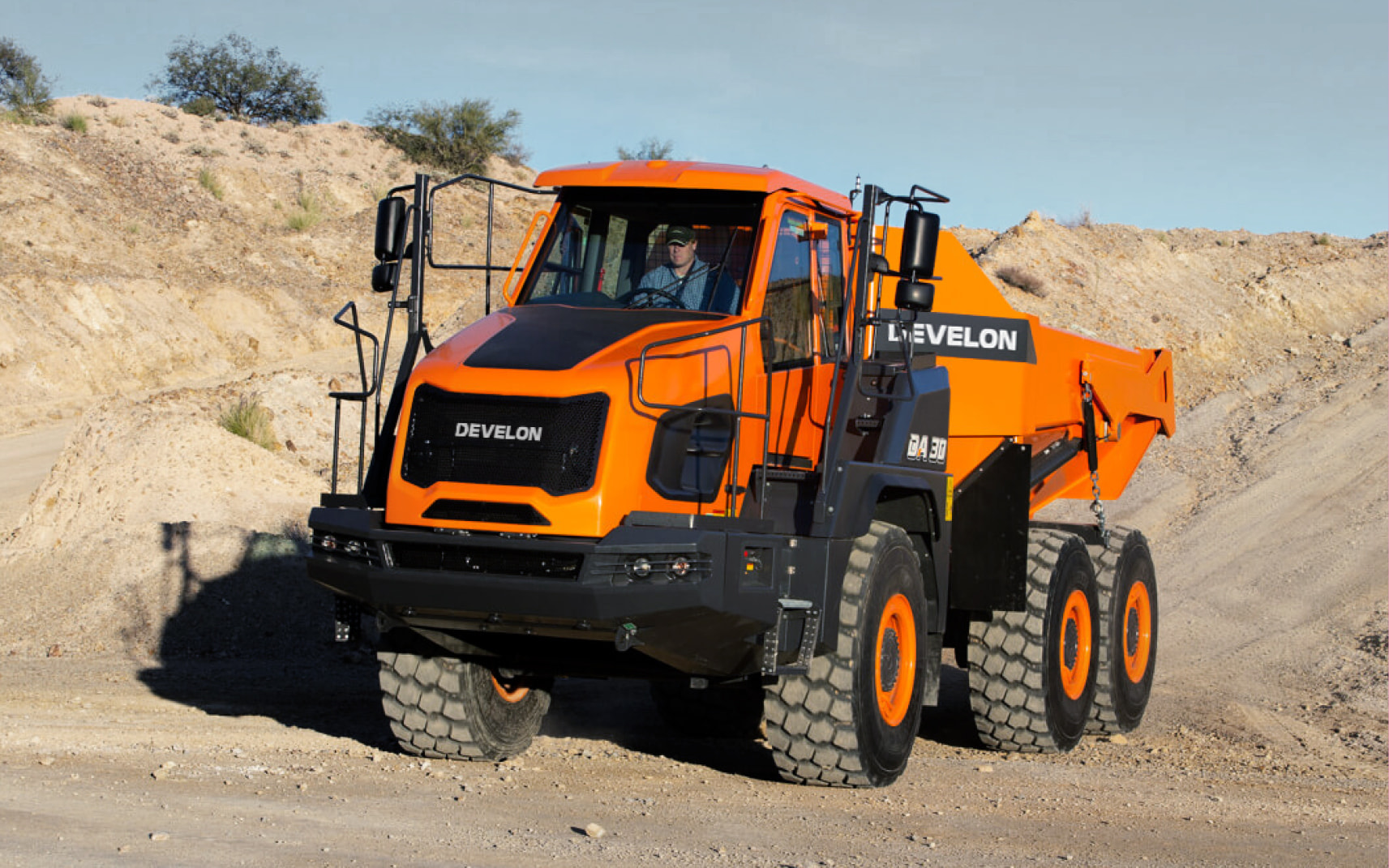In the world of construction, cost management is key to staying competitive and ensuring projects run smoothly. One of the most significant operational costs is fuel consumption.
For project managers and equipment buyers, choosing fuel-efficient construction equipment can have a profound impact on the bottom line, reducing costs and boosting sustainability.
In this blog, we’ll explore how selecting the right machinery, with a focus on advanced engines, eco-modes, and other fuel-efficient features, can save money on fuel while also improving overall project efficiency.
The Growing Importance of Fuel Efficiency in Construction
Fuel costs are a substantial part of any construction project, and with prices fluctuating constantly, keeping fuel usage to a minimum is crucial for controlling expenses.
In addition to saving costs, improving fuel efficiency also aligns with growing environmental concerns, as construction machinery accounts for a significant percentage of global emissions.
The good news is that manufacturers are continually developing construction equipment with advanced technology designed to enhance fuel efficiency.
From engines that optimise power usage to features like eco-modes that adjust performance based on load, there are plenty of ways to make fuel savings without compromising on performance.
The Role of Advanced Engines in Fuel Efficiency
When selecting construction equipment, one of the most important factors to consider is the engine.
Modern construction machines come with advanced engines that are more fuel-efficient than ever before. These engines incorporate technologies like turbocharging, after-treatment systems, and variable valve timing to optimise the combustion process, ensuring that fuel is burned as efficiently as possible.
For example, diesel engines that feature common-rail direct injection (CRDI) systems help to maximise fuel atomisation, resulting in more precise fuel delivery.
Another engine feature to consider is the use of hybrid or electric power sources. Although still not as widespread in construction machinery as traditional diesel engines, hybrid systems are gaining popularity.
These engines combine a conventional combustion engine with an electric motor, allowing for a reduction in fuel consumption and lower emissions, particularly in environments like urban construction sites where noise and pollution control are essential.
Eco-Modes: A Simple Solution for Fuel Savings
Many modern construction machines now come equipped with eco-modes, a feature that can make a significant difference in fuel efficiency.
Eco-modes automatically adjust the machine’s engine performance to match the specific task at hand. This means that the equipment can run in a fuel-efficient mode during lighter tasks, reducing unnecessary fuel consumption.
For example, an excavator with an eco-mode will reduce engine power when digging into softer soil, saving fuel. When the machine encounters more difficult material, such as rock, the engine will automatically adjust to provide the necessary power.
Choosing machinery with eco-mode settings can also benefit operators by reducing fatigue, as the machine will operate more smoothly and with less sudden power surges, ultimately increasing productivity and efficiency on the job site.
Selecting Machines for Optimal Fuel Economy
When buying or renting construction equipment, there are several key factors to consider to ensure you’re choosing machines that deliver excellent fuel efficiency.
- Look for Manufacturer-Declared Fuel Consumption Figures: Manufacturers often provide data on fuel consumption for their equipment, which can be a useful starting point. Look for models that are specifically marketed as being fuel-efficient, as they will likely have the latest technologies designed to reduce fuel use.
- Prioritise Modern Equipment: Newer machines typically come with more advanced engines, improved hydraulics, and electronic systems designed for fuel efficiency.
- Consider the Size of the Machine: Choosing a machine that is the right size for the job is essential for fuel efficiency. Oversized equipment often results in unnecessary fuel consumption, as the machine has more power than is required for the task. Similarly, a machine that’s too small for a heavy task will work harder, using more fuel to compensate for the lack of power.
- Evaluate Track Record and Maintenance Needs: A well-maintained machine will always run more efficiently than one that is neglected. Make sure to check the track record of fuel efficiency from your chosen equipment’s brand and model. Additionally, regular maintenance is essential for keeping fuel consumption at its optimal levels.
- Choose Equipment with Automatic Shutdown Features: Some construction equipment now comes with automatic shutdown features that turn off the engine after a certain period of inactivity. This can help save fuel during breaks or periods of inactivity.
- Evaluate Hybrid and Electric Options: While hybrid and fully electric construction machinery may come with a higher upfront cost, they can provide significant long-term savings by reducing fuel consumption and maintenance costs. Particularly in urban environments, these alternatives can help reduce noise and emissions.
How Fuel Efficiency Contributes to Project Success
Fuel-efficient construction equipment is not only about cutting costs – it’s also about improving the efficiency of the entire project.
Lower fuel consumption means fewer refuelling stops, reduced downtime, and fewer operational delays. With less fuel being used, your equipment will be able to run for longer periods, contributing to faster project completion times.
Additionally, using eco-friendly equipment can improve your company’s reputation.
As sustainability becomes an increasingly important issue for clients and regulators, demonstrating a commitment to using fuel-efficient machinery shows that your business is focused on both cost management and environmental responsibility.
Conclusion
Fuel efficiency in construction is no longer a luxury – it’s a necessity. By choosing the right equipment, such as machines with advanced engines, eco-modes, and hybrid options, construction companies can make significant cost savings while also enhancing their sustainability efforts.
When selecting machinery, consider factors like engine technology, fuel consumption data, and maintenance needs, all of which contribute to better fuel economy.
For businesses looking to invest in fuel-efficient construction equipment, Develon’s range of cutting-edge machinery offers a solution that delivers high performance and exceptional fuel economy.

